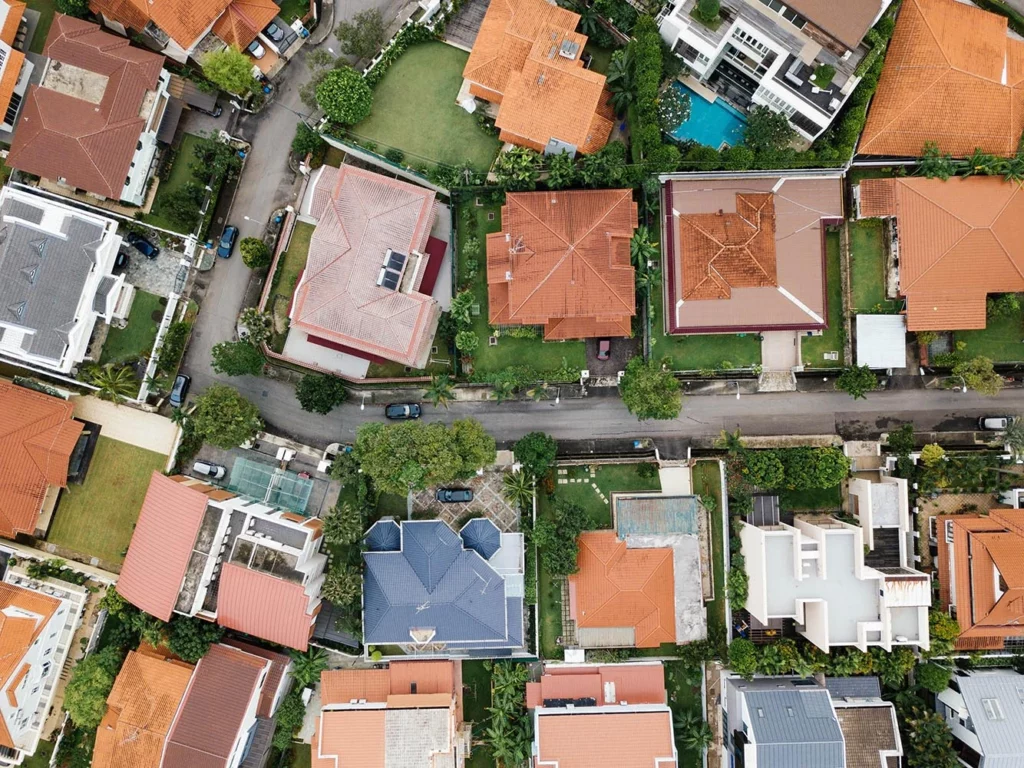Home Value Estimate: 5 Amazing Tips to Discovering Your Homes Value
Are You Overestimating Your House Value in Ontario? You Must Read This!
Do you know that around 8% of homeowners overestimate the value of their property? When it is time to buy or sell your home, this wrong estimate causes a lot of disappointment for everyone involved. Why do people have a wrong estimate of their home? How can you find out the correct value of your property? This article will discuss all the details on getting a precise home value estimate.
How To Get The Right Estimate About The Cost of Your Home?
1. Consider The Location Of Your Home
Location is a significant factor in determining the value of a home. Of course, the quality of the construction and the condition of the home are important factors as well. But location is one of the most important considerations when buying or selling a home.
A house in an area that doesn’t attract a lot of buyers will be worth less than it would if it were located in an area where there’s more demand for housing. The same goes for commercial property—if you’re looking to sell your business, you’ll want to make sure it has good visibility and accessibility so customers can easily find you.
Recent statistics provided by the Canadian Real Estate Association indicate that the median value of a single-family home in Montreal is $307,250, whereas in neighbouring Ottawa it is $447,561. The houses only a dozen kilometres away from the big cities can be quite inexpensive.
Similarly, real estate professionals will value a house close to amenities like a park, restaurant, school, or a hospital more than one that is far away from these facilities.This is because of the location factor. Location is one of the most important factors that determine the price of your home.
Besides physical location, the perceived location also impacts the cost of your home. Perceived location refers to a property’s proximity to scenic spots like beaches, lakes or rivers etc. That is why, a home with a luxury, panoramic or scenic view can cost up to $1,81,5554 in Ontario. It is best to look at the comparable properties in the same location to determine the cost of your home.
2. List The Features Of Your House
Some features of your home might make a difference in its value. It is best to make a list of those so that you could find comparable properties and use their cost to have a realistic estimate of the cost of your home.
Imagine estimating the cost of a car. A sports car with leather seats and an expensive stereo system will be more expensive than a standard sedan with cloth seats and no extras. Similarly, a house with 6 bedrooms will cost more than a house with 2 rooms.
The area of the house is another important factor in determining its estimated market value. A small house with fewer rooms will be cheaper than a large one. The presence of other distinctive features such as a yard for playing or for growing food, an outdoor kitchen, a pool, or a wine cellar can also make a difference in the estimated value of your home.
The condition of your home is another deciding factor. It includes the exterior and interior of the house. The exterior of the house refers to the condition of the roof, bricks, windows, and foundation. The interior refers to the condition of the paint, plumbing, and appliances.
The current condition of a home has a significant impact on its value, as the buyer will not hesitate to include renovation costs in his budget. Not to mention all the other prospective buyers who will disregard any property that is not turnkey.
When compiling a list of the home’s characteristics, the owner must get an unbiased opinion. It is never permissible to take into account the sentimental value of certain home characteristics. You might have fond memories of the outdoor pool where your children learned to swim, but the potential buyer might consider it a safety risk.
3. Consider The Impact Of Demand And Supply
The supply and demand in the real estate market may play a key role in determining its price. If you put up a two-bedroom apartment for sale in a neighbourhood with dozens of similar properties in better condition or at a cheaper price, you might have a hard time selling it.
Consequently, it is essential to use properties with similar characteristics from your area in your evaluation.The first question to ask is: at what price did the last comparable property transaction close? In addition, you have to consider the number of days it stayed on the market. This duration varies throughout the country. Using this data, you can have a rough estimate about the cost of your house or how long it would take to sell your house.
4. Consider Appraised Value
The lender often requests a registered appraiser to determine the cost of your property. An appraiser is a registered and licensed professional who conducts an independent, unbiased, appraisal of a home’s value. This means that the value determined by an appraiser may be different from that determined by the buyer or a seller. It should also be kept in mind that an appraiser doesn’t have any duty to buyer or seller, his fiduciary duty is to the lender.
A registered appraiser visits the property in person before conducting a survey in the neighbourhood and analyzing the market before making his recommendations. The results of an official home appraisal are usually acceptable to both the buyer and the seller.
5. Consult A Real Estate Agent To Know Fair Market Value
A real estate agent is hired by a buyer or a seller to get their clients the best possible sale price for their property. A real estate agent determines the property’s market value, and provides a realistic estimate. It is best to identify real estate professionals who are aware of the local market. Sellers can rely on the agent’s market knowledge, a study of comparable properties, and the agent’s experience to guide them to the ideal price for their home.

Nick Labrosse

Why Do Most Homeowners Have Incorrect Estimates About The Value Of Their Property?
1. Online Home Value Calculators
Homeowners often have a wrong idea about the cost of their homes because they often rely on an online home evaluator. A “value of property calculator” or a “housing value calculator” often requires the input of generic information such as the area of the house, number of rooms, or number of garages to provide an instant estimate. Using that input information, the application finds out comparable properties in the region and uses their cost to give an estimate. The problem is that this output can often be inaccurate as these data points are not enough to determine the value of a property.
Imagine a scenario where you own a house in a neighbourhood where three other similar houses have sold for $350,000. An Online property value calculator on the website of Redfin or Zillow might tell you that the cost of your house is $350,000. What if your house has an extra basement, or you have installed a new hardwood floor? These factors are not taken into account by the housing value calculator. Consequently, the owner might have a wrong estimate.

2. Valuation Dynamics Of The Local Market
The local real estate market may have its own standards of what is considered valuable in a home. For example, certain home appliances are a must in a few areas that might be totally unnecessary in another place. The lack of knowledge about these valuation dynamics may result in an incorrect home value estimate. It is important to have key data and accurate information on local valuation standards to find out the cost of a home.

3. Unrealistic Expectations About The Home Improvements
You might have spent hundreds and thousands of dollars on a kitchen renovation or a bathroom upgrade. The amount spent on landscaping, roofing or making a swimming pool might not result in an increase in cost because dollar-for-dollar returns are uncommon.
Similarly, Remodeling Magazine pointed out in a Cost-vs.-Value study that many expensive home improvements do not even come close to paying for themselves.
Similarly, another reason why homeowners have the wrong estimate about the cost of their home is that they install a renovation that is either not needed or hasn’t been done by anyone else. For example, a homeowner might have installed an outdoor swimming pool or a spa but the buyer might not need it.


Nick Labrosse

Conclusion
Knowing how much your home is worth can help you take the next step in buying or selling. A home value estimate will not only help you get an idea of what your home is worth, but it can also help you get a feel for the market value so that you know if your offer will be accepted or whether it’s time to keep looking. A home value estimate is basically a valuation of your property based on current market conditions and local norms. They will tell you how much your house is worth as well as any potential problems with the property, such as how it could be improved and how much it would cost to do so. If there are any repairs that need to be made to bring the property up to standard, they will list those as well too.
FAQS
At the outset, you’ll need to know what you and your real estate agent are looking for in a home. Since there is no one-size-fits-all solution when it comes to price, you must know what your budget is. Is it a residential, or commercial property? Is it a single-family home or a multifamily property? These are some of the factors you will need to determine the market value of your property. If you’d like an assessment of the home only, without the idea of selling it right away, you may want to consider hiring a home valuation expert. Having an expert look at the home’s condition and value can be very useful in order to better understand the market. The more you know about your home’s condition, everything from the roof to the foundation, the more you can expect to get when it comes time to sell.
Home value estimates are usually done by a professional home valuation company. When searching for a home value estimate company, you can do your research online to find reviews and background information about the company and the employees. You can also ask your real estate agent or a trusted friend for recommendations on a company. Remember, you want to find a company that offers a wide range of services and that can offer a comprehensive home value estimate. When finding a company, it’s important to determine what kind of services you’ll need. For example, do you want a company that can provide a home value estimate for a particular area? Or, do you want a company that will provide a nationwide service? It’s important to find a company that can meet your needs.
In most cases, you will receive your home value estimate within a few weeks of hiring a company. You can expect a home value estimate from a company that provides nationwide services to be approximately two to three months old. A home value estimate is an estimation of your property value. It is not an appraisal, which is an estimate of the value of your property given certain circumstances. The best practice is to get a home value estimate before you begin looking at homes and selling your current property. It will help you get an idea of what your home is worth, which can be very useful in determining if it’s worth selling your home or keeping it.
Real estate agents are typically hired to help sell a home and help you buy a home. While they are trained to inform you of the market and what your home might be worth, they are not experts in home valuation.
If you have a professional home valuation estimate done, you can trust it more than the arbitrary figure that your real estate agent might provide.
Municipal evaluation can help in determining a rough idea about the cost of your home but it shouldn’t be confused with the market value. The purpose of a municipal evaluation is to help the municipality determine the property taxes the home owners need to pay. The problem with this estimate is that it is usually not quite updated and it doesn’t take into account the exterior, or interior features of the house. The market value of a property is determined by a professional appraiser.

